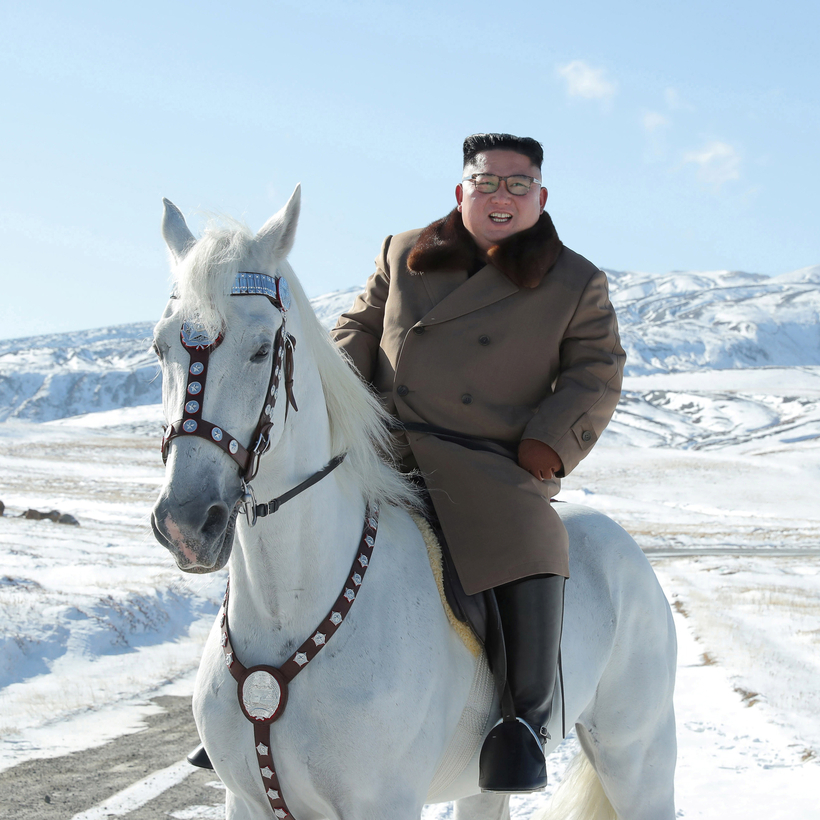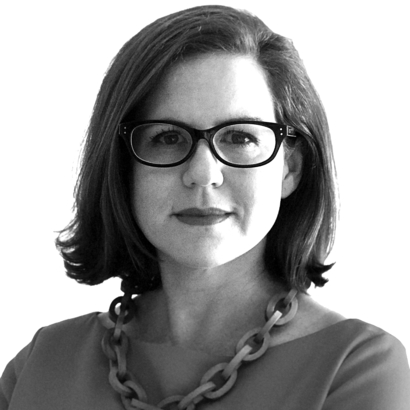When Kim Jong Un emerged as the heir apparent of North Korea a decade ago, the world knew so little about him that the South Korean intelligence service even spelled his name wrong. When it came to his age, they could hazard only a rough guess.
The world has come to know a bit more about him over the intervening years. He’s shown himself to be every bit as ruthless as his father and grandfather before him, and remarkably adept at running the world’s last bastion of Stalinism. And he’s earned himself the dubious distinction of being the youngest leader of a nuclear-armed state. But there are still many more questions than answers. Chief among them: How did an overweight 27-year-old with no qualifications rise to the top of a regime stacked with octogenarian generals and a country where malnourishment remains rife? And how, once there, did he manage to keep his job for one and then two and now more than eight years?
Pyonghattan
These are the central questions I set out to answer when I began writing The Great Successor: The Divinely Perfect Destiny of Brilliant Comrade Kim Jong Un. I’d started writing about North Korea in 2004, when I was posted to Seoul for the Financial Times, and I made repeated trips into the country and around its borders. I was astonished when I returned, this time for The Washington Post, in 2014, after six years away.

Life was better than ever for the elites of Pyongyang, and especially for the millennials who could potentially keep Kim Jong Un in power for decades to come. They were singing karaoke and doing yoga; they were drinking cappuccinos and wearing fast fashion from Zara and H&M. The capital was still a Potemkin village, but it was now sometimes referred to as “Pyonghattan” because of its increasingly impressive skyline. Life in the rest of the country remained dire, but Kim Jong Un wasn’t concerned with those people. He cared only about the people who kept his anachronistic regime intact.
How did an overweight 27-year-old with no qualifications rise to the top of a regime?
To try to figure out how Kim Jong Un was chosen as his father’s successor—as the third son, he was not the obvious choice—I tried to meet anyone I could find who knew him as a child. I talked to the Japanese sushi chef who sliced fish for the royal family while Kim Jong Un was a boy. I spent a weekend with the aunt and uncle who posed as his parents while he went to school in Switzerland. I walked through that school and leafed through his eighth-grade curriculum, wondering if the young dictator remembered his lessons about the causes of the French Revolution.
What I discovered was a boy who’d grown up living an abnormal life in an extremely dysfunctional family. His father had multiple children by multiple wives, keeping all of them cloistered on different compounds so that the children never knew each other. Kim Jong Un had no friends. On his eighth birthday, he was given a little general’s uniform and declared the next leader of North Korea. Real generals saluted him. Communist Party apparatchiks sang a song called “Footsteps,” about him following in his father’s wake.
He lived a life of luxury—Super Mario games, Jackie Chan movies, and imported food—while children his age starved to death in a devastating famine. He was given a real car at age 7, modified so he could reach the pedals, and a Colt .45 pistol that he wore on his hip when he was 11. He grew up thinking that he was the most special little boy in the world. When he took over from his father at the end of 2011, some analysts thought that he would be a reformer. Surely a young man who’d spent his formative adolescent years in a liberal democracy in Europe would have seen the benefits of an open society?
Closed-Door Policy
Eight years on, we can see that he has not. North Korea remains just as repressive as ever. It is a police state with relentless propaganda, weekly self-criticism sessions, and a network of brutal gulags. After spending several years trying to get inside Kim Jong Un’s mind, I concluded that, far from convincing him to liberalize, his time in Europe probably convinced him that he needed to keep North Korea completely closed. In his school on the outskirts of Bern, he learned that he was expected to make an effort and do his homework, and that even then he wasn’t the Genius Among Geniuses, as one of his titles in North Korea describes him.

Kim Jong Un learned that, if it weren’t for the totalitarian family business, he would not be worshipped as the uniquely qualified descendant of a quasi-deity. He would be just another person having to earn his way in a meritocracy, and he and his family would not be able to keep their privileges and their wealth and their power.
And so, even as he sends “beautiful love letters” to Donald Trump, Kim Jong Un is motivated by one thing only: maintaining the system that keeps him in this position. Maybe he’ll open the economy a crack. Maybe he, like Trump, dreams of condos on the beaches of his country. But everything I’ve learned about Kim Jong Un tells me he won’t endorse any political change. He won’t ever allow the people of North Korea to openly ask whether he’s really the right man to lead them.
Anna Fifield’s The Great Successor: The Divinely Perfect Destiny of Brilliant Comrade Kim Jong Un is out now from PublicAffairs


